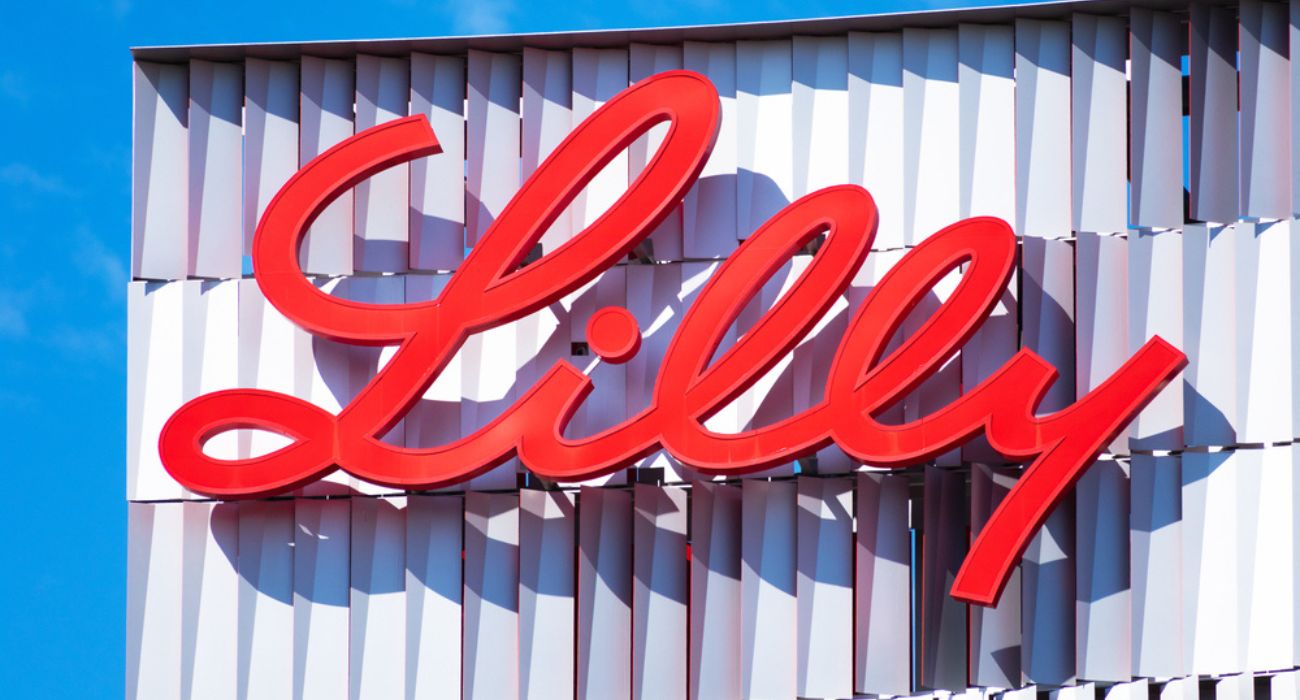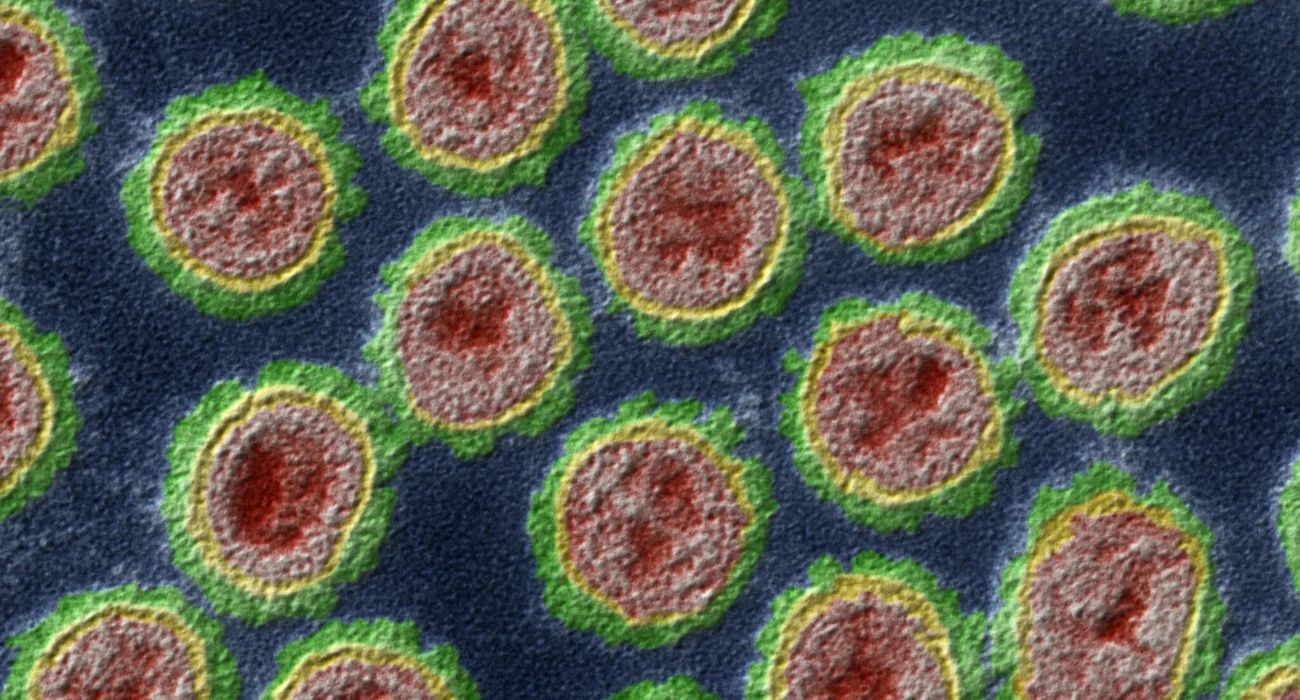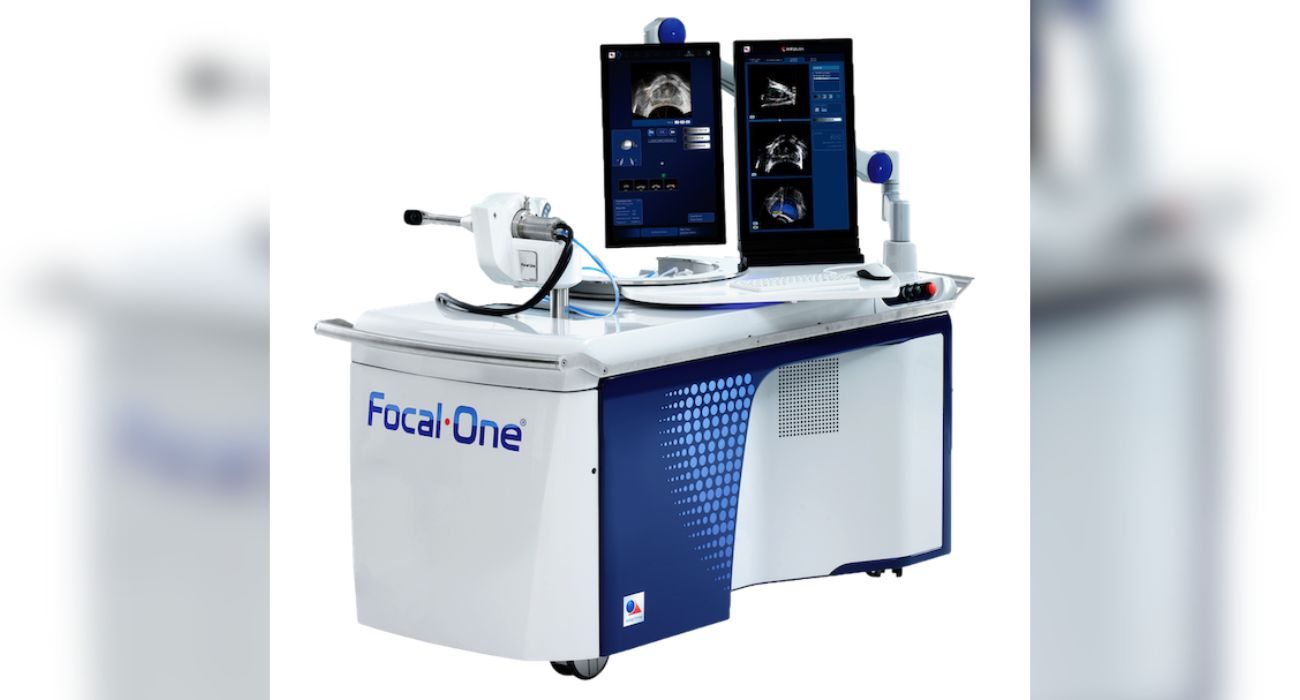A major player in the pharmaceutical industry is set to get a whole lot bigger if a proposed acquisition goes through.
Eli Lilly and Company agreed to purchase Point Biopharma Global at $12.50 a share for a grand total of roughly $1.4 billion.
Both Indianapolis-based companies saw huge spikes in their trading prices after news of the sale broke on October 3.
Eli Lilly has been on investors’ radars for some time now after it made significant advances in drug therapies that clear amyloid plaques in Alzheimer’s patients, as reported by The Dallas Express. While the company’s drug donanemab showed more promise among those younger than 75 and in the earlier stages of the disease, the trials suggest the drug is groundbreaking in curbing cognitive decline.
As previously covered by The Dallas Express, Eli Lilly is also a leader in the race to develop drugs that treat obesity. It developed Mounjaro to rival Novo Nordisk’s popular injectable medications Ozempic and Wegovy. It also acquired Versanis Bio for $1.9 billion, giving it access to an experimental drug called bimagrumab that targets fat cells directly, circumventing the nagging side effect of lean muscle loss.
Eli Lilly’s proposed purchase would add Point Biopharma’s drug therapies for specific types of cancer to its portfolio. For instance, Point Biopharma has two radioligand therapy candidates in late-stage trials among patients with prostate cancer and digestive tract cancer.
Currently referred to as PNT2002 and PNT2003, the therapies are still experimental but offer a new approach to destroying cancerous cells. They harness the cell-killing power of radioactive particles and combine them with molecules that attach to tumors, eradicating them while sparing the surrounding healthy tissue.
Point Biopharma also has a manufacturing plant for such radiopharmaceuticals, which Lilly will now be able to benefit from. Generally, Eli Lilly has a lot to gain from expanding its reach in oncology, with global sales of these therapies reaching nearly $200 billion last year.






